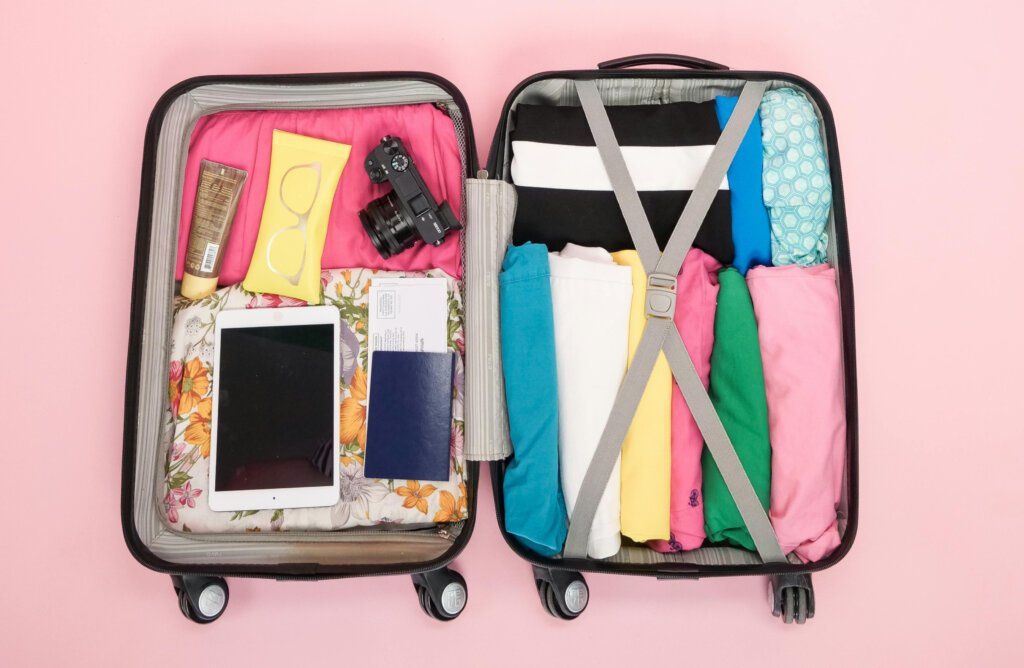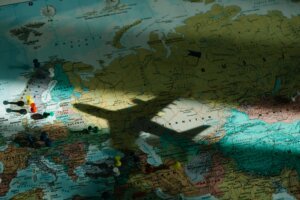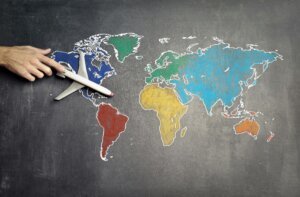Travel Preparation Checklist: What to Pack and Plan before the Trip
Whether you’re planning a quick weekend getaway or a long-term international adventure, preparing properly before your trip can make the difference between a memorable journey and a stressful disaster. Travel isn’t just about the destination — it’s also about how well you prepare to get there.
In this post, we’ll walk you through everything you need to prepare before traveling — from documents and packing to health and money management — so you can explore the world with confidence and peace of mind.
1. Essential Travel Documents
Before anything else, ensure all your travel documents are in order. A missing passport or visa issue can ruin a trip before it begins.
Checklist:
- Passport: Check that it’s valid for at least 6 months beyond your travel dates.
- Visa: Research whether you need a visa and apply well in advance.
- Travel Insurance: A must-have for emergencies, cancellations, or medical coverage abroad.
- Flight Tickets / Boarding Passes: Printed or saved digitally.
- Hotel Bookings / Reservations: Keep a copy on your phone and a printed version.
- Itinerary: Organize your transportation, accommodation, and activities.
- Emergency Contacts: Keep a written list in case your phone dies or gets lost.
- Copies of Important Docs: Passport, ID, insurance, credit cards — keep digital backups and paper copies in a separate place.
2. Health and Safety Preparations
Taking care of your health before and during your trip ensures a safe and enjoyable experience, especially when traveling internationally.
Before Departure:
- Vaccinations: Check if your destination requires specific vaccinations (e.g., Yellow Fever, Typhoid, COVID-19).
- Medications: Bring enough prescription medicine for the whole trip and carry a doctor’s note if needed.
- First Aid Kit: Painkillers, motion sickness tablets, band-aids, antiseptic, etc.
- Travel Clinic Visit: Visit a travel doctor for expert health advice based on your itinerary.
- Travel Restrictions: Always check the latest entry requirements, especially regarding health-related restrictions.
3. Packing Smart: Clothes, Gear, and Essentials
Packing is both an art and a science. Bring what you need, but don’t overpack. Always think in terms of comfort, versatility, and weather.
Clothing:
- Light, breathable clothes for warm destinations
- Layered outfits for changing climates
- Comfortable walking shoes
- Sleepwear, underwear, socks
- Weather-specific gear (e.g., raincoat, hat, gloves)
Gear:
- Suitcase or backpack (based on your travel style)
- Daypack for daily excursions
- Toiletry bag (toothbrush, toothpaste, shampoo, razor, etc.)
- Quick-dry towel
- Travel pillow and eye mask for long trips
Tech:
- Phone and charger
- Power bank
- Universal adapter (especially for international travel)
- Headphones
- Camera or GoPro (optional)
Pro tip: Use packing cubes to keep your luggage organized and save space.
4. Money and Budgeting
It’s easy to overspend or face money issues abroad without preparation. Avoid surprises by planning your finances ahead of time.
Money Matters:
- Notify your bank of your travel dates to avoid blocked cards
- Bring multiple payment options: credit card, debit card, and some cash
- Research currency exchange rates and best places to exchange money
- Use apps like XE Currency to track exchange rates and budgets
- Consider getting a travel card with low foreign transaction fees
5. Phone, Internet, and Communication
Staying connected while traveling helps you navigate, translate, and stay in touch with loved ones.
Tips:
- Check if your mobile carrier offers international roaming
- Alternatively, buy a local SIM card or an eSIM
- Download useful apps ahead of time:
- Google Maps (offline maps)
- Google Translate
- Booking.com, Airbnb
- TripIt or Travel Planner apps
- Ride-sharing apps (Uber, Grab, etc.)
- Google Maps (offline maps)
- Bring a portable Wi-Fi device if traveling in a group
6. Local Research and Cultural Preparation
Understanding your destination can help you avoid faux pas and appreciate the culture on a deeper level.
Research:
- Local customs and etiquette
- Common scams and safety tips
- Emergency numbers
- Transportation options (bus, metro, taxi apps)
- Language basics (greetings, directions, numbers)
- Local holidays or festivals during your visit
Learn a few phrases in the local language. A simple “hello” or “thank you” can go a long way in building respect.
7. Home Prep Before You Leave
Make sure your home is secure and everything is in order while you’re away.
Checklist:
- Arrange for mail collection or put it on hold
- Unplug appliances to save energy
- Tell a trusted friend or neighbor you’ll be away
- Make sure your pets are cared for
- Set timed lights or security cameras if needed
8. Bonus Tips for a Stress-Free Trip
- Check the weather regularly before you go
- Arrive at the airport 2–3 hours early
- Always have snacks and water handy, especially during long trips
- Be flexible — unexpected delays or changes are part of travel
- Keep a positive mindset and enjoy the journey!
Conclusion: Plan Well, Travel Better
Traveling is one of life’s most enriching experiences — but it’s even better when you’re well prepared. By organizing your documents, health essentials, packing list, finances, and mindset before departure, you’ll save time, avoid stress, and make the most out of every moment.
So whether you’re off to the mountains, the beaches, or the streets of a bustling foreign city, remember: Good preparation leads to great adventures.
Happy Travels!







Comments